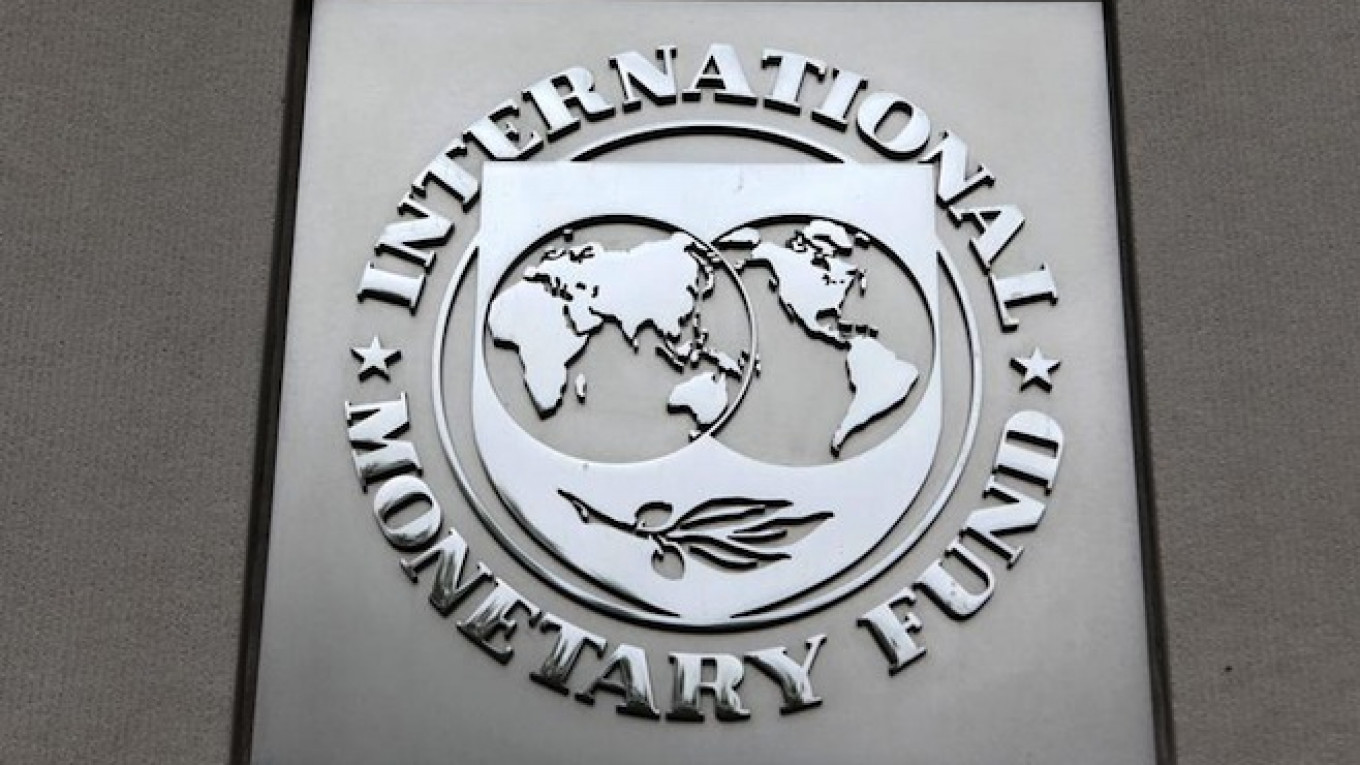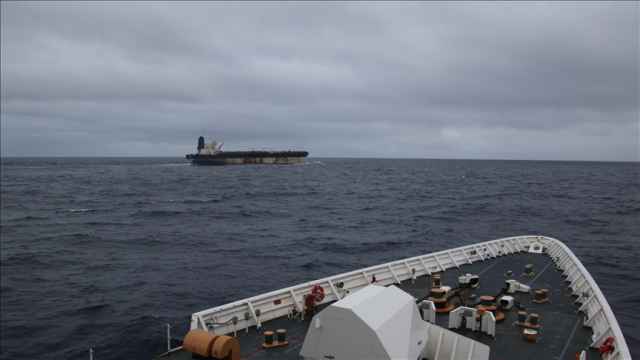Ukraine's resistance to allow civil society experts to play a role in establishing the anti-corruption bureau remains “a major source of contention,” the International Monetary Fund said in a staff discussion note published Wednesday.
The note, titled “Corruption: Costs and Mitigating Strategies,” reported that the IMF had recently suspended lending in Ukraine for “governance and corruption issues.”
“I am concerned about Ukraine’s slow progress in improving governance and fighting corruption, and reducing the influence of vested interests in policymaking,” the IMF Managing Director on Ukraine said in a February press release.
The IMF team arrived in Kiev on Tuesday following the formation of a new Ukrainian government after a political crisis had stalled the release of financial aid.
In February, IMF Managing Director Christine Lagarde warned that Ukraine risked returning to a pattern of failed economic policies characterized by slow progress in fighting corruption. She warned Ukraine that the IMF was prepared to halt its $17.5 billion bailout for Kiev unless it takes stronger action. Ukrainian President Petro Poroshenko, at the time, reassured the international community of Kiev’s commitment to reform.
A new $17.5-billion loan program was approved by the IMF in March 2015. The program included an initial payment of $5 billion and the subsequent release of $1.7 billion every three months. However, Ukraine has only received $6.7 since the second half of last year, the Agence France-Presse (AFP) reported Tuesday.
Prior to the arrival of the financial team in Ukraine, the IMF said in a statement that the “mission will continue policy discussions with the Ukrainian authorities.” However, it did not indicate when further aid would be released, AFP reported.
A Message from The Moscow Times:
Dear readers,
We are facing unprecedented challenges. Russia's Prosecutor General's Office has designated The Moscow Times as an "undesirable" organization, criminalizing our work and putting our staff at risk of prosecution. This follows our earlier unjust labeling as a "foreign agent."
These actions are direct attempts to silence independent journalism in Russia. The authorities claim our work "discredits the decisions of the Russian leadership." We see things differently: we strive to provide accurate, unbiased reporting on Russia.
We, the journalists of The Moscow Times, refuse to be silenced. But to continue our work, we need your help.
Your support, no matter how small, makes a world of difference. If you can, please support us monthly starting from just $2. It's quick to set up, and every contribution makes a significant impact.
By supporting The Moscow Times, you're defending open, independent journalism in the face of repression. Thank you for standing with us.
Remind me later.






